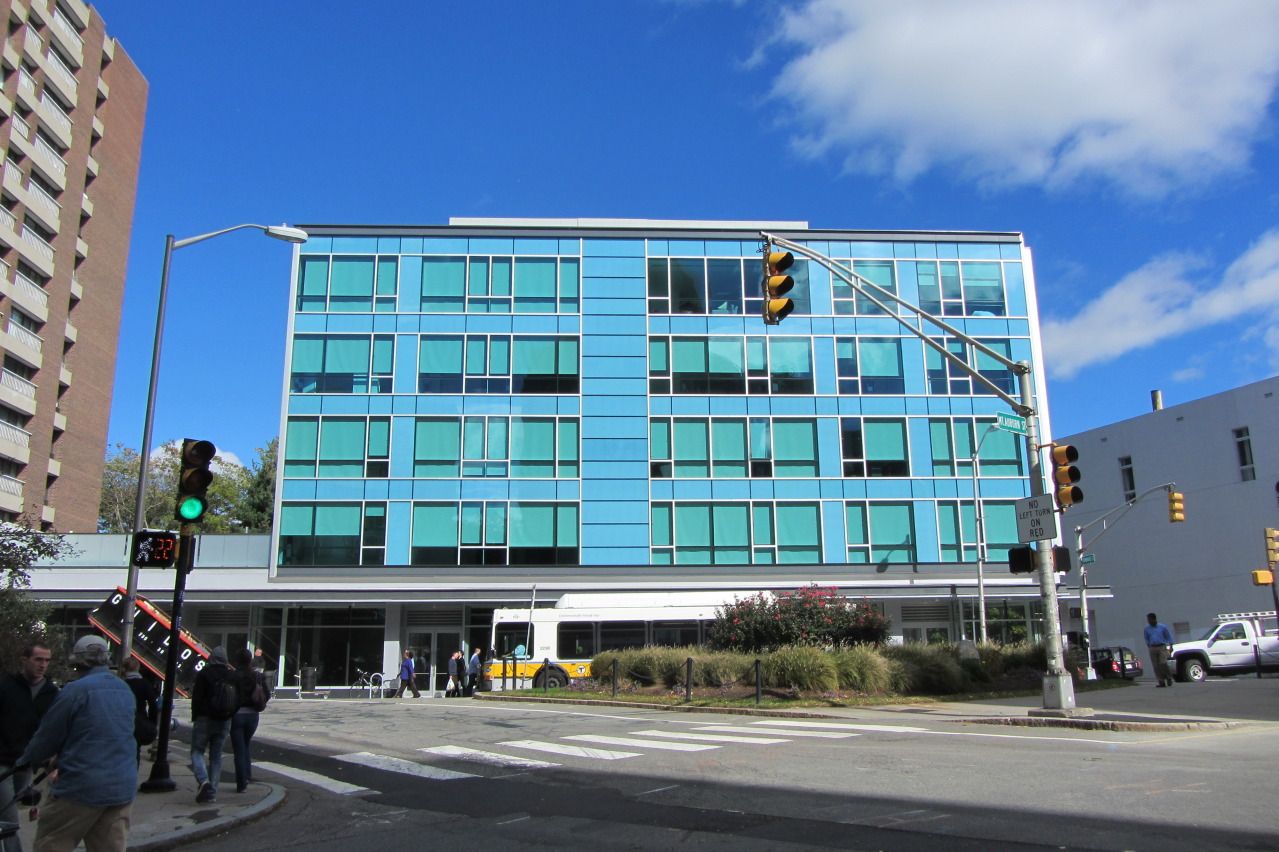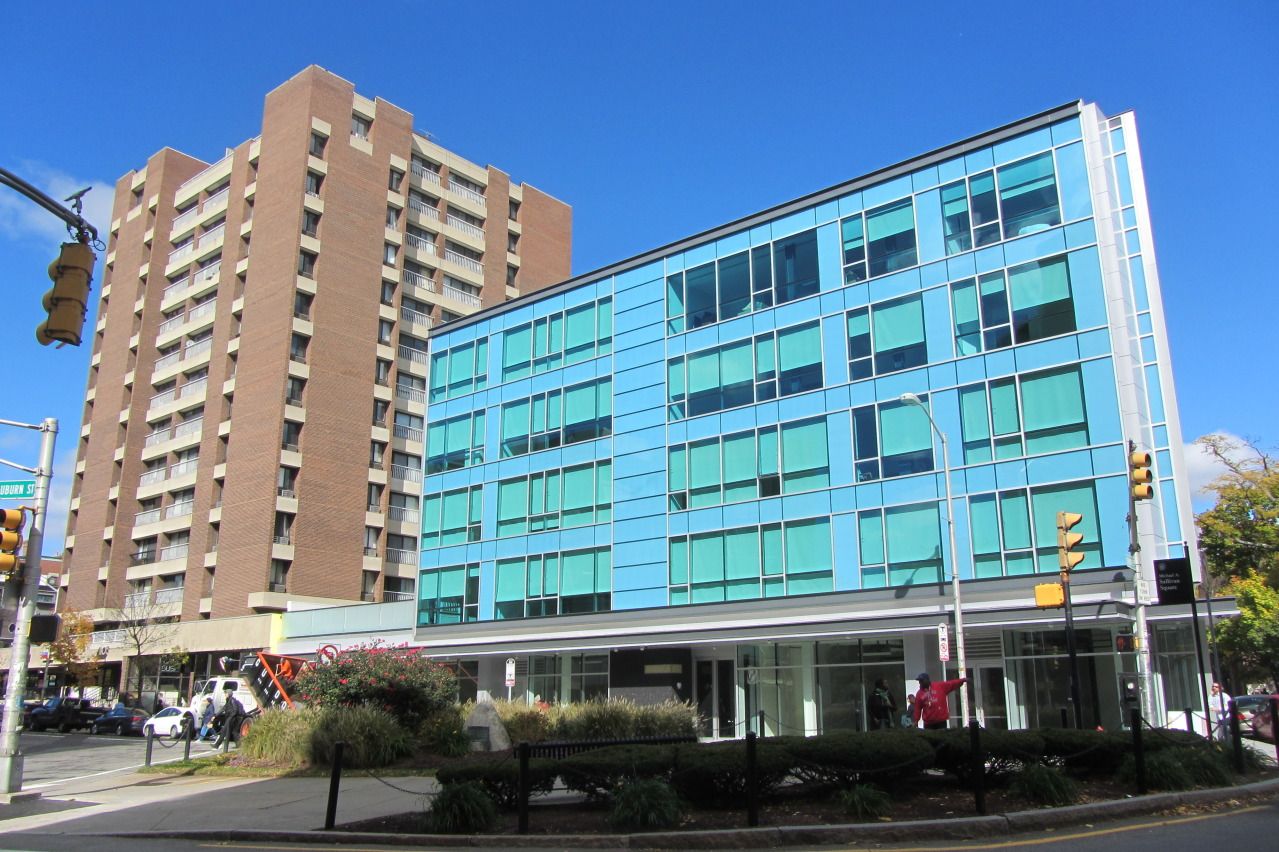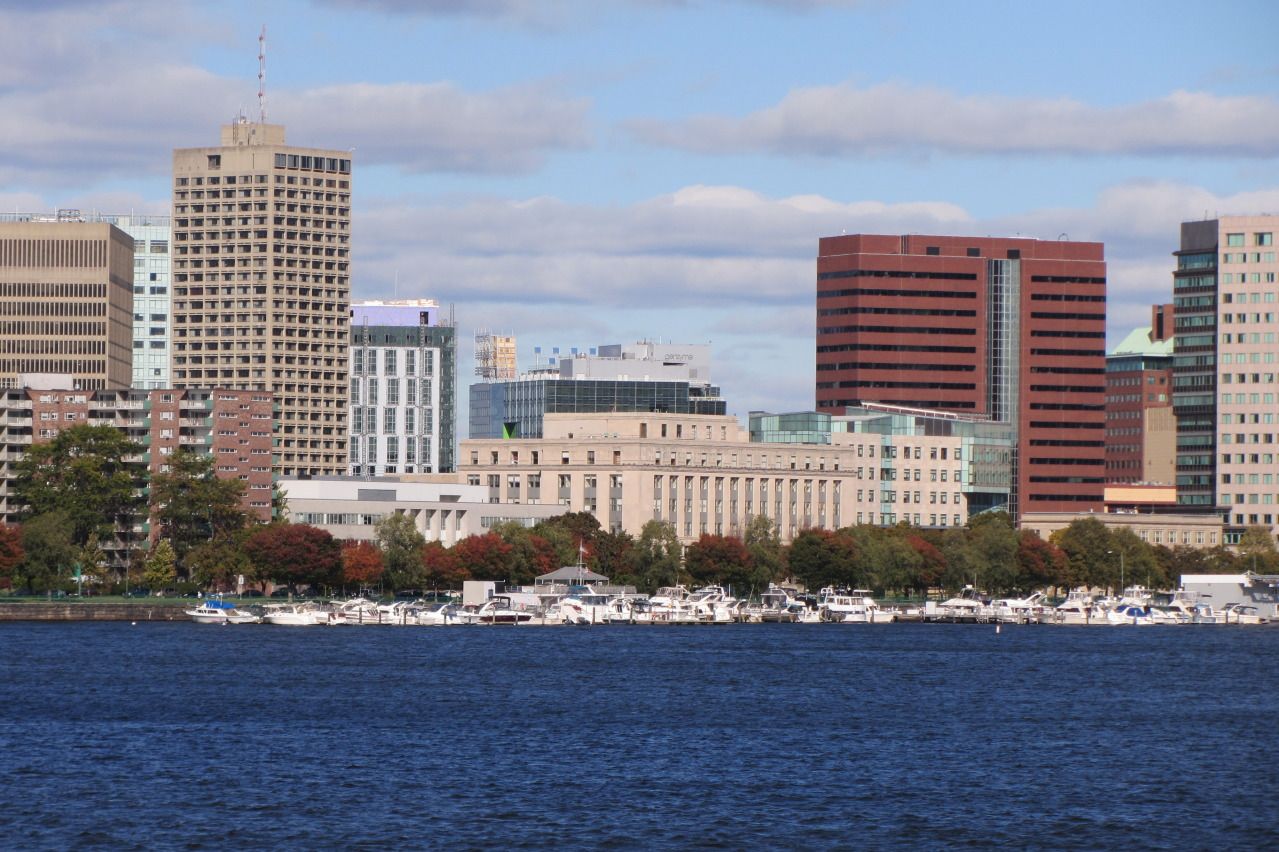czsz
Senior Member
- Joined
- Jan 12, 2007
- Messages
- 6,043
- Reaction score
- 7
Um, no. I realize it feels good to say things like that, and that may be what you truly believe, but if Cambridge and its inhabitants want to be a low-rise, dense inner suburb, then that's what they have the right to be.
It's one thing to criticize towns for holding up regionally-important projects, but that's not what you're talking about. You have a vision for "what could and should be" in a place where (AFAIK) you don't live. We have enough problems in this city as it is when people who DO live in a place get to enact their visions and bulldoze residents (literally).
I've lived the past 6 years in 2 inner suburb college towns (Evanston and Berkeley) where citizens, despite liberal leanings, oppose tall buildings, though Evanston has a few that challenge that 250' limit, and let me tell you, they seem very tall in that context. Are you telling me that Berkeley, which has random concrete obstructions in its roadways to confuse drivers into not driving, dedicated "bike boulevards", constant plans for greenspace and "complete street" enhancements and dense public transit, as well as architectural standards that enforce public access and active streetfronts, is hypocritical in its progressivism because they aren't building skyscrapers at suburban BART stations?
This isn't about the city or its residents at all. This is about some skyscraper enthusiasts wanting tall buildings in every downtown area (which would then be mercilessly panned as soon as the renderings were released). I'm ranting, and I'm sorry about that, but I've seen comments like this one in my planning field and on this site too often. Rich people are still people, and they have more right than you or I have to guide the development of their community.
Trust me, this has nothing to do with skyscraper enthusiasm. This is a critical issue of budgetary efficiency and housing fairness - which is why I characterized it as a "social justice" position. There's a huge demand for housing in the urbanized parts of Greater Boston and an even larger demand still for that housing near T stations. At the same time, the heavy rail portions of the T are underutilized relative to their potential capacity. The undersupply (and hence very high cost) of housing and the inefficient use of scant transit resources forced by selfish locals who don't want to see the "character of their neighborhood changed" is indeed hypocritical, no matter what other urban progressive causes they embrace.
So when you say it's okay to criticize people for holding up regionally important projects, I hope you see that radically increasing housing density at Red Line stops is one of those projects.
(Side note re: Matthew's point - heightened density without height in the mode of the North End would be an acceptable alternative as well, but would require much more reconfiguring of a place like Cambridge's cityscape, and would not be able to spread throughout the city to the extent that it could encompass the same residential capacity of highrises without new transit lines to compliment it.)




